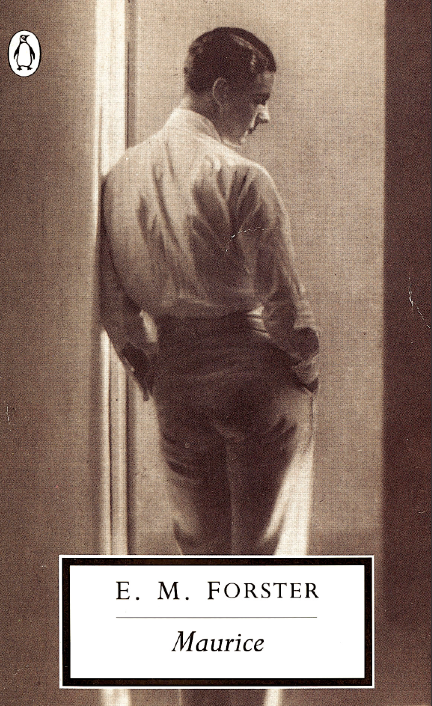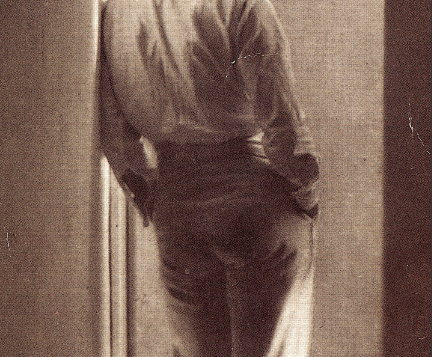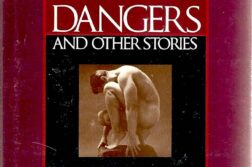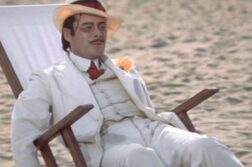OF THE HANDFUL of books that informed my adolescent understanding of what it meant to be gay, E. M. Forster’s posthumously published Maurice was the most revelatory. The reasons are numerous, but the most important was that it held out hope to a confused young mind enduring a very dark night of the soul. By the time I encountered the book, I had felt suicidal urges for several years. The cause: my loneliness and confusion at being queer. In a million ways, the world said I was bad or evil. Worse—at least to my way of thinking—I was convinced I would never know love.
At seventeen, I contemplated overturning the family car while driving, leaving unanswered the question of whether I had died accidentally. I didn’t do it because I couldn’t be sure of complete success and was terrified of living in a state of reduced physical and mental competence. At eighteen, while studying at Dalhousie University, I went down to Halifax’s waterfront several nights in a row to try to induce myself to walk into the water and drown. The problem here was that I was a good swimmer and I knew I would put up a fight. I hadn’t yet heard of Virginia Woolf’s trick of weighting her pockets with stones.
I did, however, have an epiphany that held out hope. Like Forster’s hero, Maurice Hall, I wondered what it would be like simply not to exist. In a dark moment, Maurice reflects on Sophocles’ pronouncement in Oedipus at Colonus: “Not to be born is best.” I understood that feeling. One night, as I stood on the shore and thought about what it would be like not to exist, I heard in my head the very same words that would spawn a social movement for gay youth three decades later: “It gets better.” Where they came from I do not know to this day, but I held on because of that slenderest of promises.
And it did get better. It was not long afterward that I discovered Forster’s final gift to the world, published in 1971 following his death at the age of 91. I had already read Howards End in an English literature class. That and Woolf’s Mrs Dalloway were my favorite takeaways from the course, though I was then only marginally aware of their authors’ sexuality and personal struggles.

Until that time,
Jeffrey Round is an author and director whose latest book is Lion’s Head Revisited, seventh in the Dan Sharp mystery series.







